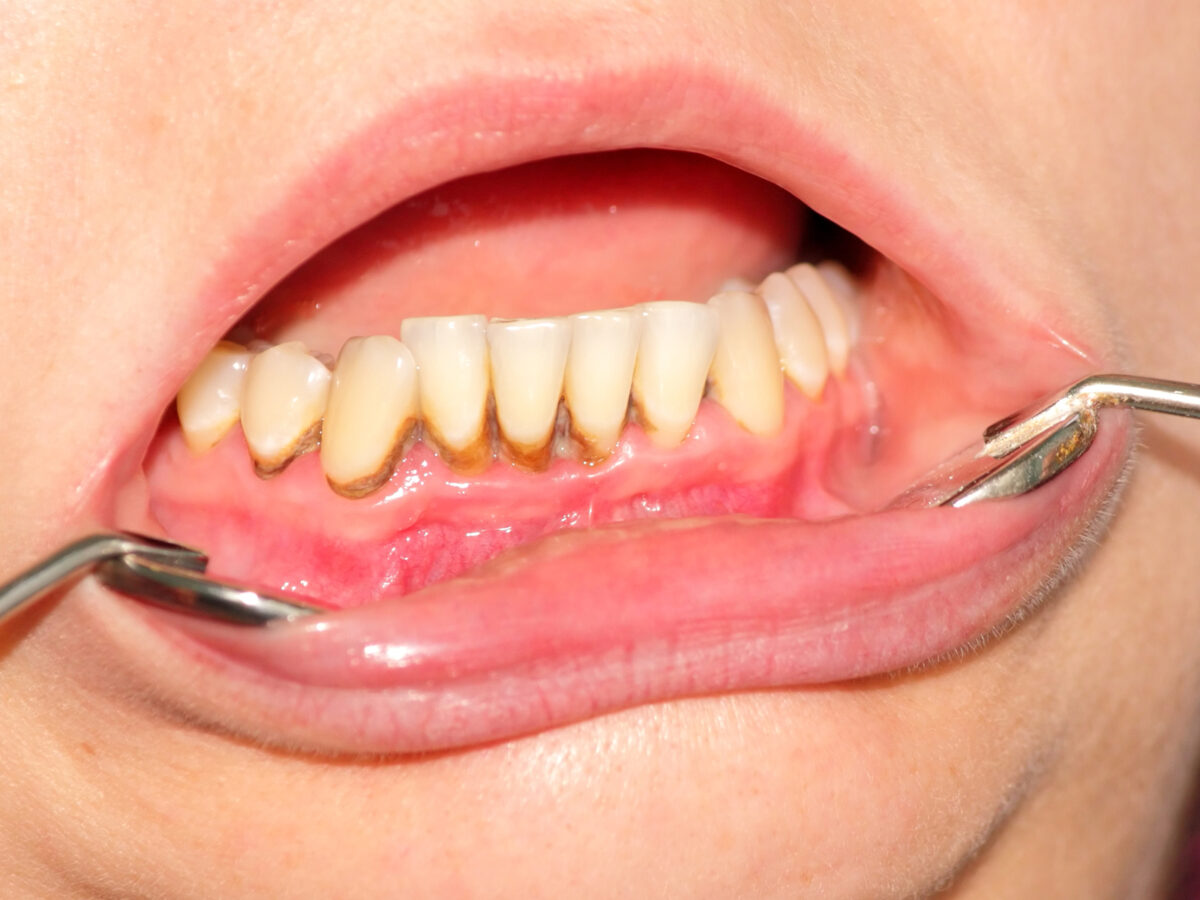Blog
Dental hygiene tips for healthy teeth & gums

Does removing tartar loose teeth?
Before getting tartar removed, many people wonder: Does it hurt? There are several factors that contribute to determining whether the answer is “yes” or “no.” Don’t let fear of pain keep you from trying! A professional should be entrusted with the task of removing tartar from your teeth. Most importantly, a dentist or dental hygienist is equipped with the necessary tools and training to remove plaque effectively.
What is Tartar?
In simple terms, tartar, also known as calculus, occurs when plaque and minerals from your saliva accumulate and harden. It is possible for tartar to coat the exterior of teeth and invade below the gum line. Having tartar on your teeth feels like having a crusty blanket covering them. Due to its porous nature, tartar is easily stained by food and drink.
In most cases, tartar deposits are yellow or brown in color and tend to settle behind and in between teeth. The buildup of tartar, as well as its precursor, plaque, can cause significant damage to your dental health.
Why is Tartar Removal Necessary?
Despite brushing and flossing your teeth three times daily, plaque will still build up over time and may harden into tartar.
If tartar is not treated in a timely manner, it will have a detrimental effect on your oral health.
- Bad breath.
- Periodontitis.
- Damaged enamel.
- Bleeding from the roots.
- Toothaches when eating foods that are too hot or too cold.
- Loose teeth.
Furthermore, plaque and tartar also create an unpleasant appearance, making your smile look stiff and contrived. For this reason, it is important to have tartar removed periodically by a reputable dental clinic.
Does Tartar Removal Damage the Enamel?
It is unlikely that the removal of tartar will damage your enamel if you follow the instructions provided by your dentist. Tartar removal can result in enamel damage if performed more frequently (some people have tartar removed every two months or less).
It is widely believed that removing tartar weakens the roots, increasing the likelihood of loose teeth. This is a complete myth! By removing tartar, harmful bacteria are eliminated, which protects the roots. Furthermore, once plaque has been removed, bacteria will not be able to hide.
It is a very effective means of preventing gum inflammation, periodontitis, and bad breath, among other dental problems, all of which contribute to a bright and attractive smile.
How often should you have tartar removal?
As per your doctor’s recommendation, you should scrape your teeth on a regular basis:
- Maintaining proper oral health and flossing regularly, brushing correctly, and removing tartar less frequently: every six months to one year.
- Once every three to four months for lumpy enamel, easy accumulation of leftovers, eating sweets regularly, and smoking.
Is Tartar Removal Painful?
A tiny nozzle on an ultrasonic device will be used by your dentist to reach areas that are difficult to reach during the procedure. In order to break down tartar, this device uses ultrasonic waves and oscillates (without damaging the enamel). At the same time, another nozzle blasts water into those areas to wash away the pieces of tartar.
Tartar removal is affected by a number of factors, including:
The patient’s oral condition: Those with sensitive teeth or diseases such as gum inflammation or periodontitis will certainly experience more pain and ache during the procedure when compared to those with good oral health.
The extent of tartar buildup: It is easier to remove tartar build-up on the surface of the teeth, and it does not cause much pain for the patient. However, tartar that has hardened over time and becomes embedded in the gums will cause deep pain during the dental procedure. After a few days, however, the discomfort will subside.
When left unchecked, tartar buildup can have a very negative effect on the quality of your life. Hence, keeping this hardened plaque at bay requires daily brushing and flossing, as well as periodic dental cleanings and check-ups.
